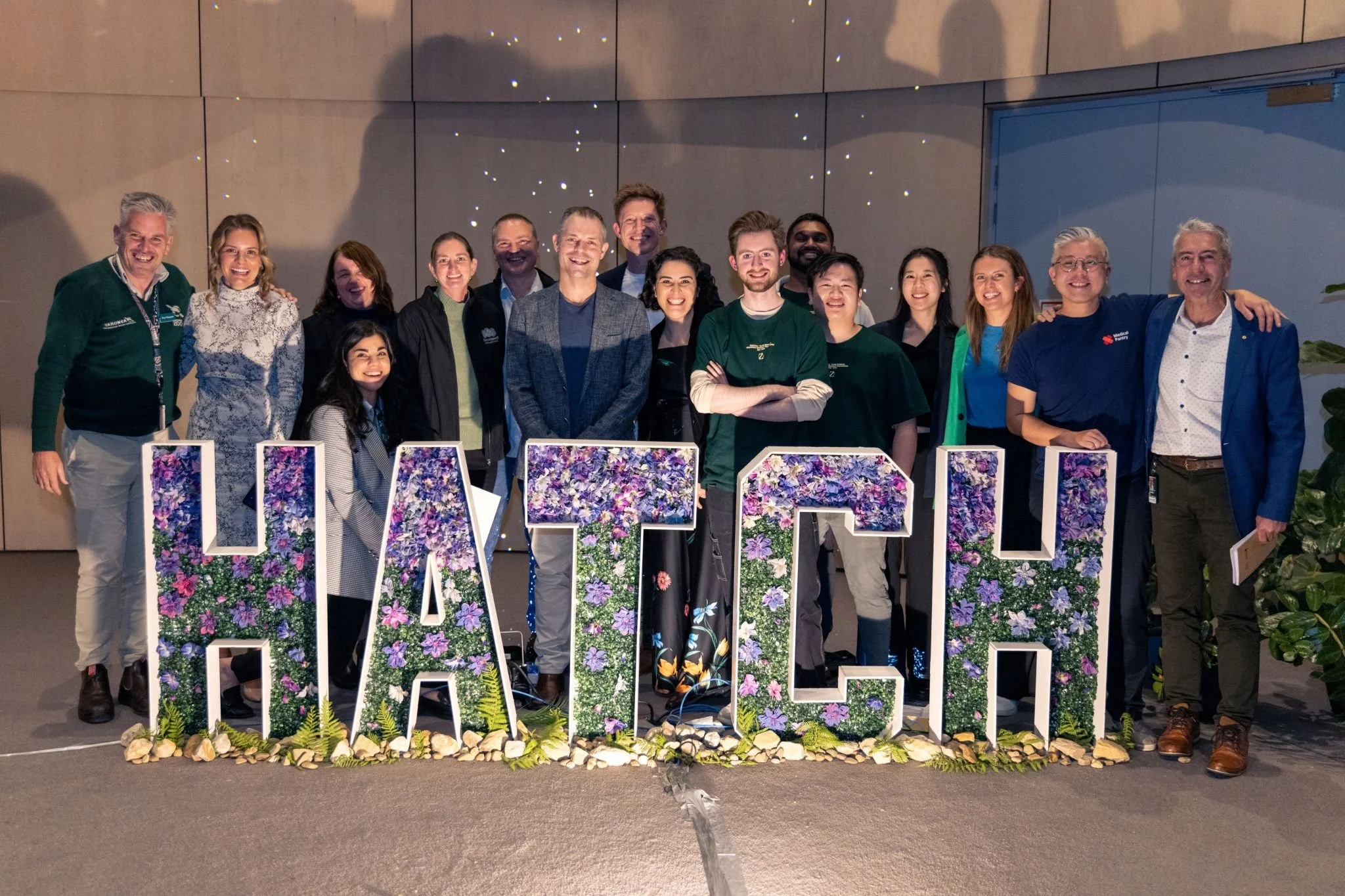Stop Thinking About Your Logo! Branding Advice For Impact Entrepreneurs
When business owners and entrepreneurs discover that I have a background in design and that I lecture in branding, they inevitably ask me what I think of their brand. And then they show me their logo.
Every time this happens, I want to say two things. First: “It doesn’t matter what I think, because I am not your audience.” Second: “Stop thinking about your logo and think about your brand instead.”
A brand is an emotional connection that resides in a person about a business, product or offering. It’s a gut feeling and an expectation that can generate a powerful response. It connects your target audience to your business in a meaningful way, and it’s informed by your story, your purpose, your reason for being.
To think about brand only in terms of a logo is to render it small.
A brand identity system, by comparison, is the tangible representation of a business, product or offering. It’s how your story is expressed visually and verbally, and a logo is only one small piece of the brand identity system. It’s just a quick identification mark. So focusing on your logo, instead of your deeper story, is selling your purpose short.
What’s really important is to capture and articulate why you matter to your audience.
As a business in the social impact space, you have a head start on this. Your purpose is intrinsic in everything you do because you have a deeper reason for existing than just financial gain. Your business is answering a genuine need in the community, the environment or society in general. There’s already a tribe of people – your tribe – who believe in what you believe. You just need to articulate your belief in a way that resonates with the hearts and minds of these people.
Much like you wouldn’t build a house without professional plans, developing your brand’s foundations is vital. Creating a consistent voice that reaches across every single inward- and outward-facing, verbal and non-verbal touchpoint brings your brand to life for your customers. It’s the way you answer the phone, the way you write an email, the way you greet your customers, the way you establish your offering.
Your values and purpose permeates through every part of your business and when you can articulate this consistently in the right way, you connect emotionally to your tribe.
Your brand isn’t just a logo that can be created by your best friend’s brother who happens to know Illustrator. This is a job for a professional branding expert who has the in-depth knowledge and understanding of how to capture the heart of your purpose, communicate it to your audience and make it stick. Investing in a branding professional who can identify your unique difference and bring that to life isn’t a ‘nice to have’, it’s an essential element of a successful business.
It’s the difference between a business that crosses it’s fingers and hopes for the best, and a business that understands its purpose and seeks to genuinely communicate to the hearts and minds of its tribe.
If you still think your brand starts and ends with your logo, it’s time to think again.
About the author
Leanne Farnworth possesses a unique combination of skills and experience. She is a creative leader who is educated and experienced in Design, Design Thinking and Design Integration; an awarded business owner; an experienced group facilitator; and a highly regarded university lecturer in branding and design.
Throughout her career, Leanne’s ability to solve business problems creatively has been one of her biggest strengths. She has always been passionate about finding new and innovative ways of solving challenges across multiple industries and disciplines. She has a natural ability to listen, empathise, lead and encourage others to achieve new possibilities. Her understanding of what really matters to the target audience is at the heart of her approach, enabling her to deliver solutions that have a deeper purpose and impact. She is further developing these skills through her current MBA degree from UNSW where she is specialising in Social Impact.







